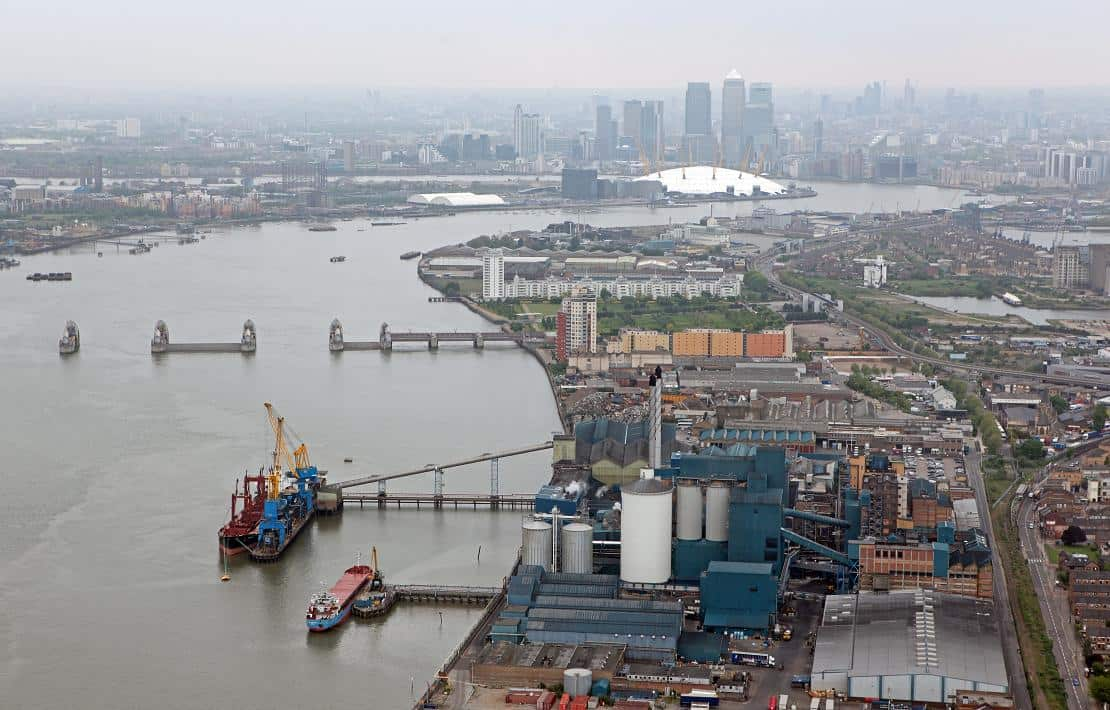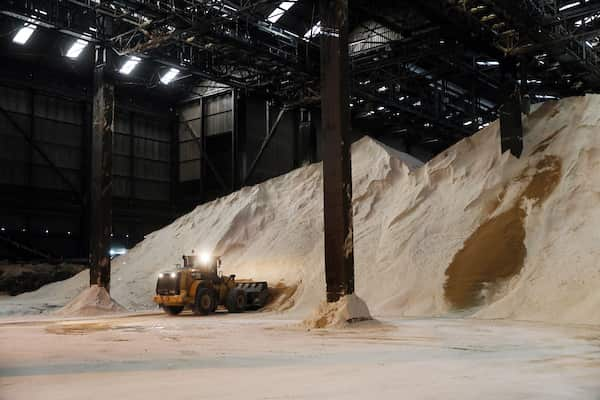Tate and Lyle’s London refinery isn’t hard to find; your nose leads you there.
Since 1878, it has emitted a sickly sweet, treacle-like smell across the River Thames in the city’s East.
The plant’s main purpose is to turn sugar cane into the granules you mix into cakes and stir into your morning coffee. Sugar is big business in Britain and Tate & Lyle products, adorned with a royal warrant, sit in cupboards across the country.
Now owned by an American conglomerate, it was one of the few big UK employers to campaign in favour of Brexit, hoping that an independent Britain will help fix its supply problem.

Tate & Lyle’s Senior Vice President Gerald Mason says Australia once supplied twenty per cent of the raw product it needs; leaving the EU will allow the company to resume the once thriving relationship.
“We’d love to buy from Australia’s sugar farmers and millers and they’d love to sell to us, but at the moment Europe doesn’t allow us to do that,” he said.
“By Britain taking back control of its own independent trade policy, we’re really excited about the ability to re-open that trade link.”
When the UK joined the EU in the 1970s, it agreed to follow common rules for sourcing the raw ingredients needed to make processed sugar.
Brussels favours European growers of sugar beet. But Tate & Lyle’s Thames refinery uses sugar cane, which grows best in tropical climates like Brazil, Thailand and Northern Australia.

“If we choose to import it, they would charge us an import tariff on most of that sugar of about 140 per cent,” said Mr Mason. “That’s there to protect Europe’s beet farmers from competition.”
A lack of available cane means the London plant is only operating at 40 per cent capacity.
So it’s not surprising the company, which is now owned by an American conglomerate, wanted Britain to regain its ability to negotiate its own free trade deals with nations around the world.
According to Mr Mason, Australia is at the top of Tate & Lyle’s wish list.
“If we can get access to Australian raw cane sugar that’s part of the picture of getting us back to full capacity.”
“We’re very excited about is the very high standards Australia’s sugar farmers and millers produce to. That’s why we’d like them as part of our supply chain, because they can be a supplier we can trust.”
The newly reached agreement over the Brexit ‘transition period’ means a free trade deal with Australia could be achieved quicker than first anticipated.
“The United Kingdom will be able to step out, sign and ratify new deals, new trade deals with old friends and new allies around the globe for the first time in more than 40 years,” announced Britain’s Brexit secretary David Davis, himself a former Tate & Lyle executive.
In the past, Australian diplomats have indicated a free trade deal with the European Union was Canberra’s priority; the UK may have to wait.
But workers at the Thames sugar refinery say they’ll be ready.
“From day one of that we’ll see ships of Australian sugar coming up the Thames and unloading here.”

